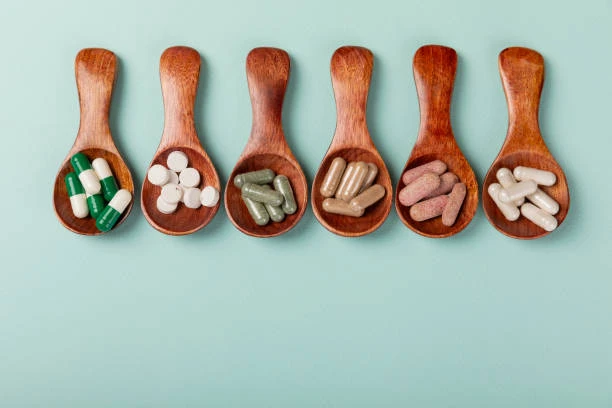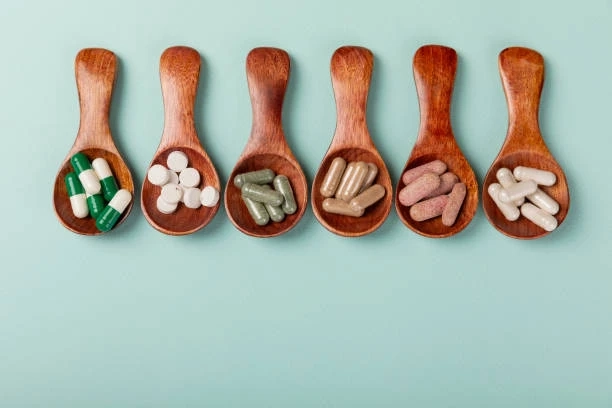
Maintaining a healthy heart is essential for overall well-being, and psyllium husk has been shown to offer significant benefits in this regard, particularly in lowering cholesterol levels. Let\'s explore how psyllium husk supports heart health through its cholesterol-lowering effects:
1. Lowering Cholesterol Levels
High cholesterol levels, particularly elevated levels of LDL (bad) cholesterol, are a major risk factor for heart disease. Psyllium husk can help lower cholesterol levels through the following mechanisms:
- Binding to Bile Acids: Psyllium husk contains soluble fiber, which binds to bile acids in the digestive tract. Bile acids are synthesized from cholesterol in the liver and play a role in fat digestion. When psyllium husk binds to bile acids, it prevents them from being reabsorbed into the bloodstream, leading to increased excretion of cholesterol from the body.
- Reducing LDL Cholesterol: By increasing the excretion of cholesterol-rich bile acids, psyllium husk helps lower LDL cholesterol levels in the blood. This can significantly reduce the risk of atherosclerosis (hardening of the arteries) and cardiovascular diseases such as heart attack and stroke.
- Promoting HDL Cholesterol: In addition to lowering LDL cholesterol, psyllium husk has been shown to increase levels of HDL (good) cholesterol. HDL cholesterol helps remove LDL cholesterol from the bloodstream, further reducing the risk of heart disease.
Numerous studies have demonstrated the cholesterol-lowering effects of psyllium husk. For example, a meta-analysis published in the American Journal of Clinical Nutrition found that psyllium supplementation significantly reduced LDL cholesterol levels by an average of 8.9%.
2. Managing Blood Pressure
High blood pressure, or hypertension, is a significant risk factor for heart disease and stroke. Psyllium husk may help manage blood pressure through the following mechanisms:
- Reducing Sodium Absorption: Psyllium husk\'s soluble fiber content can bind to sodium in the digestive tract, reducing its absorption into the bloodstream. Excess sodium intake is associated with high blood pressure, so reducing sodium absorption can help lower blood pressure levels.
- Promoting Vasodilation: Some research suggests that psyllium husk may promote vasodilation, the widening of blood vessels, which can help lower blood pressure. Vasodilation allows blood to flow more freely through the blood vessels, reducing the pressure on the arterial walls.
- Supporting Weight Management: Psyllium husk\'s ability to promote satiety and reduce appetite can support weight management efforts. Maintaining a healthy weight is important for managing blood pressure, as excess body weight can contribute to hypertension.
Studies investigating the effects of psyllium husk on blood pressure have shown promising results. For example, a randomized controlled trial published in the Journal of Hypertension found that supplementation with psyllium fiber significantly reduced both systolic and diastolic blood pressure in individuals with hypertension.
In summary, psyllium husk offers potential benefits for managing blood pressure, a key aspect of heart health. By incorporating psyllium husk into your daily routine, along with other lifestyle modifications such as a healthy diet and regular exercise, you can help support optimal blood pressure levels and reduce your risk of heart disease and stroke.



